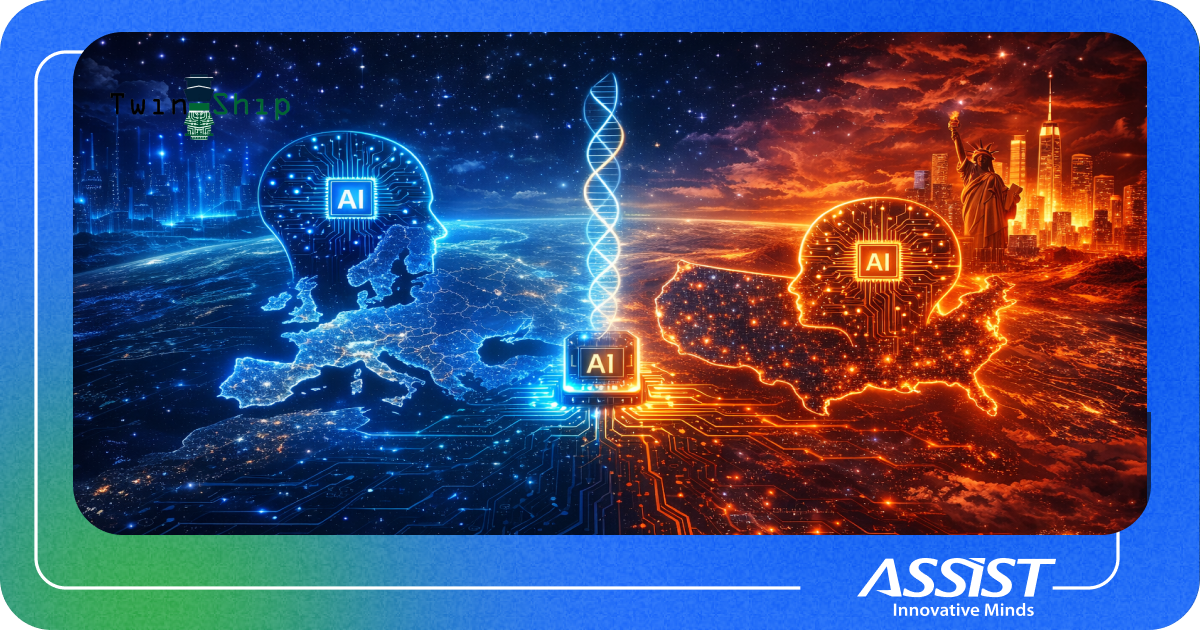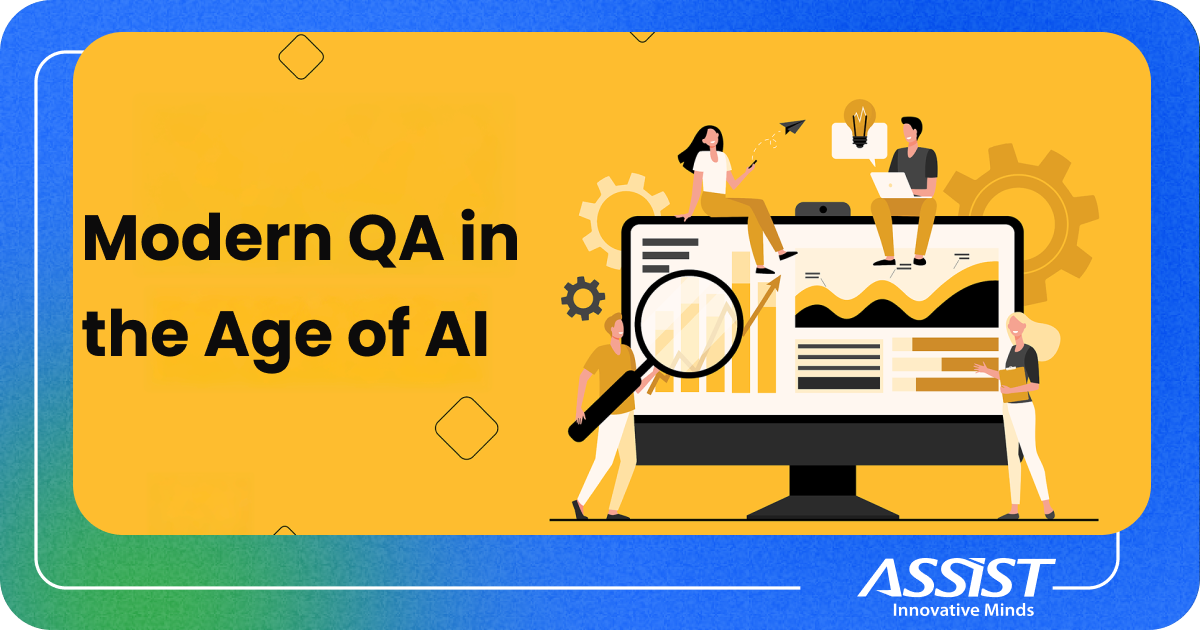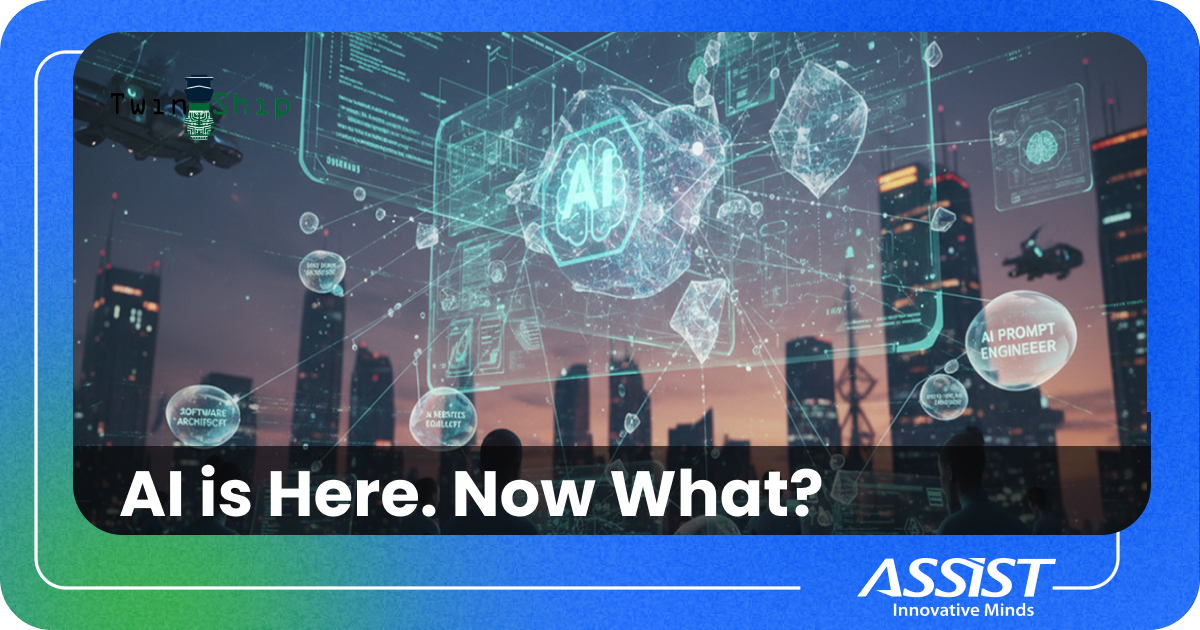What Chrome’s New AI Means for Digital Strategy
For more than two decades, the web browser has been a silent intermediary, a neutral window between users and the vast world of online information. With Google’s upcoming integration of AI agents directly into Chrome, we’re entering a new era where browsers evolve from passive tools into intelligent assistants. For business, this shift represents a strategic turning point.
The Browser Is Becoming an Intelligent Partner
Traditionally, browsers have functioned as portals. Users typed, clicked, and scrolled; browsers fetched and displayed. But with Chrome’s AI transformation, that interaction model is being reimagined.
Google’s next update will introduce features like AI-powered text generation, content summarization, automatic tab grouping, and context-aware assistance. These capabilities are driven by Gemini Nano, Google’s lightweight on-device model that enables real-time inference without relying on the cloud.
When your browser starts to interpret intent, not just keywords, the boundary between search engine and personal assistant fades. Chrome will understand tasks, preferences, and goals. This shift redefines how users discover, navigate, and interact with digital products and services.

Rethinking Business Visibility
For businesses, this transformation has profound implications. Search engine optimization, once a game of matching keywords and backlinks, will increasingly depend on semantic understanding. AI agents are trained to process meaning, not syntax. They will prioritize relevance, context, and authority over exact phrasing.
That means content strategies must evolve. Companies will need to ensure their web assets are structured for AI interpretation, with clear metadata, schema markup, and consistent semantics.
Optimizing for intent becomes the new standard. Rather than focusing on the keywords users type, organizations should focus on what those users are trying to achieve; whether it’s comparing SaaS tools, exploring sustainability initiatives, or evaluating financial products.
Beyond content, a new layer of interaction emerges. Businesses that expose agent-ready APIs or microservices will enable these AI agents to fetch real-time data, trigger workflows, and even complete transactions autonomously. In this new ecosystem, your website becomes less of a destination and more of a data source powering intelligent discovery.

The Redefinition of Digital Experiences
As browsers evolve into smart agents, the customer journey is transforming. The first interaction with your brand may no longer happen on your homepage; it may start within the browser itself.
Imagine a user asking their Chrome agent to find the best project management tools for remote teams. Instead of listing dozens of links, Chrome’s AI could summarize the three top-rated options and present your product as one of them.
These agent-mediated journeys create new paths for awareness and conversion. Micro-recommendations, quick comparisons, and personalized summaries may lead users directly to product pages, bypassing traditional search flows altogether.
In this context, businesses must design their digital funnels for a world where discovery and engagement occur through intelligent intermediaries. That means prioritizing clarity, trust signals, and adaptive UX, ensuring that when an AI agent “introduces” your brand, it accurately reflects your value proposition.
Strategic Implications for Businesses
For business and product leaders, Chrome’s AI evolution opens both opportunities and risks. Discoverability becomes algorithmic rather than search-based. Features like summarization or recommendation may overlap with product capabilities, raising questions about differentiation. Value may shift from traffic generation to data and service accessibility, where your competitive advantage lies in offering reliable, high-quality information to AI systems.

At the same time, privacy and data governance take center stage. On-device intelligence means users expect personalization without surveillance, a trend that favors companies that invest early in ethical AI and transparent data handling.
Ultimately, partnerships will be more critical than ever. Integration with browser-level APIs, identity systems, or AI models may soon influence how products are built and how brands remain visible within this new digital ecosystem.
How to Prepare
To stay ahead, organizations should begin laying the groundwork now:
- Audit content and structure – Ensure metadata, schema, and tagging are optimized for AI parsing.
- Map user intents – Identify the outcomes your customers seek and tailor your content to fulfill those goals.
- Develop embeddable services – Offer micro-APIs that agents can invoke to surface your data or automate tasks.
- Invest in privacy-first AI – Consider how your models or data strategies can support on-device intelligence.
- Monitor browser AI rollouts – Observe how Chrome and other browsers integrate AI and adjust your approach accordingly.

How We Can Help Businesses Adapt
At ASSIST Software, we help companies future-proof their digital ecosystems by integrating AI-driven automation, data structuring, and intelligent service design. Our team combines expertise in AI engineering, web architecture, and user experience to ensure your platforms are agent-ready, built for discoverability, semantic accuracy, and secure data interaction.
Whether you’re optimizing your content for AI interpretation, building API-based services for intelligent agents, or exploring on-device AI capabilities, ASSIST can guide your transformation from planning to deployment.
In a landscape where browsers think, analyze, and act, we help your business stay visible, relevant, and one step ahead.
A New Chapter for the Web
Google’s move to embed AI into Chrome previews a future where every web interaction becomes intelligent, contextual, and personalized. As browsers evolve from search engines into smart agents, businesses that adapt their digital strategies early by structuring data, designing for intent, and enabling agent-based access will be best positioned to thrive.

In this new paradigm, success is about being understood, trusted, and recommended by both users and the intelligent system that now guides them.



